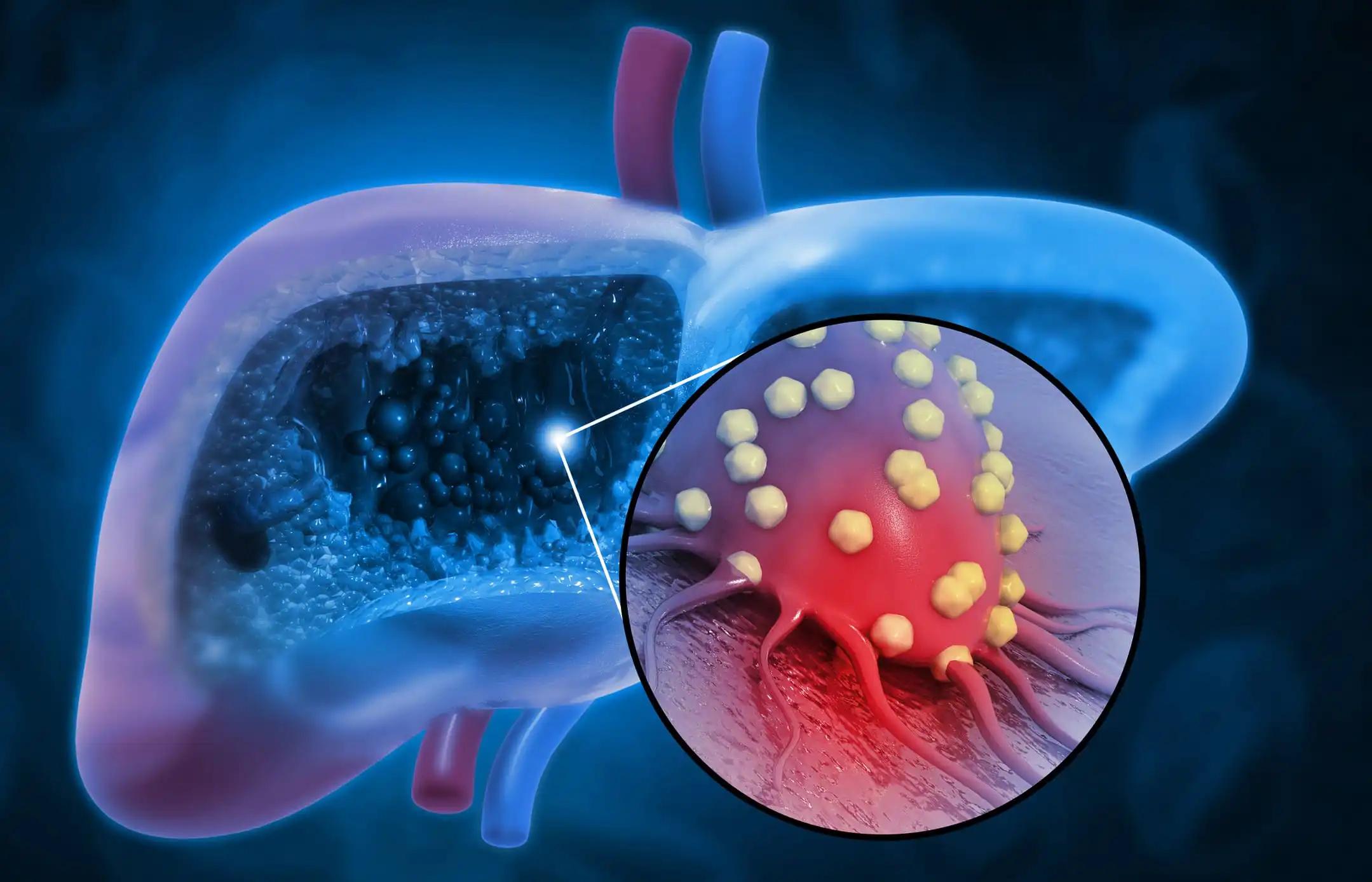KEY TAKEAWAYS
- The study aimed to assess BPA’s impact on the immune microenvironment and progression of HCC.
- Researchers identified BPA’s impact on HCC immune microenvironment, suggesting it as a potential target for therapy.
This study explores the intricate relationship between bisphenol A (BPA), a widely-used synthetic compound, and the immune microenvironment of hepatocellular carcinoma (HCC). BPA has been linked to a variety of health issues, and emerging evidence suggests it may influence the progression of HCC.
Through a detailed analysis of the molecular and immunological landscape of this malignancy, the research aims to uncover how BPA interacts with immune cells within the tumor microenvironment, potentially influencing tumor growth, immune evasion, and therapeutic response.
Qi Liu and the team aimed to assess the role of BPA in modulating HCC progression and its implications for immunotherapy.
They performed an inclusive analysis using data from both The Cancer Genome Atlas and the Comparative Toxicogenomics Database, incorporating patient information to enhance the clinical relevance of the findings. Differential expression analyses were rigorously conducted, followed by Gene Ontology and Kyoto Encyclopedia of Genes and Genomes enrichment analyses to investigate potential functional pathways.
Single-sample gene set enrichment analysis, gene set enrichment analysis, and gene set variation analysis were applied to uncover molecular associations. Immune infiltration patterns were meticulously characterized, and a series of in vitro experiments using HCC cell lines were conducted to evaluate the direct effects of BPA exposure on cellular behavior.
The findings revealed a diverse range of active immune cells and functions within HCC. Notable correlations were observed between high immune-related scores, established markers of the tumor microenvironment, and the expression of immune checkpoint genes. A key discovery was the identification of specific genes linked to both immune-related pathways and BPA exposure.
Using these genes, researchers developed a prognostic model, providing predictive insights into patient outcomes in HCC. Additionally, in vitro studies indicated that BPA exposure may stimulate the proliferation of HCC cells.
The study concluded that the multifaceted nature of the HCC immune microenvironment is significantly influenced by BPA exposure, with potential modulatory effects on immune pathways.
The prognostic model developed through the research, if further validated, could become a valuable tool for risk stratification in HCC, aiding in the development of targeted therapeutic strategies.
The findings have important implications for immunotherapy, suggesting that BPA may play a role in enhancing treatment efficacy. As efforts to combat HCC progress, understanding the impact of environmental modulators like BPA is increasingly critical for improving patient outcomes.
No funding information was given for this source.
Source: https://pubmed.ncbi.nlm.nih.gov/39228142/
Liu Q, Niu R, Ye Y, et al. (2024). “Exploring the interplay between bisphenol A exposure, the immune microenvironment and hepatocellular carcinoma progression.” J Gene Med. 2024;26(9):e3723. doi:10.1002/jgm.3723



